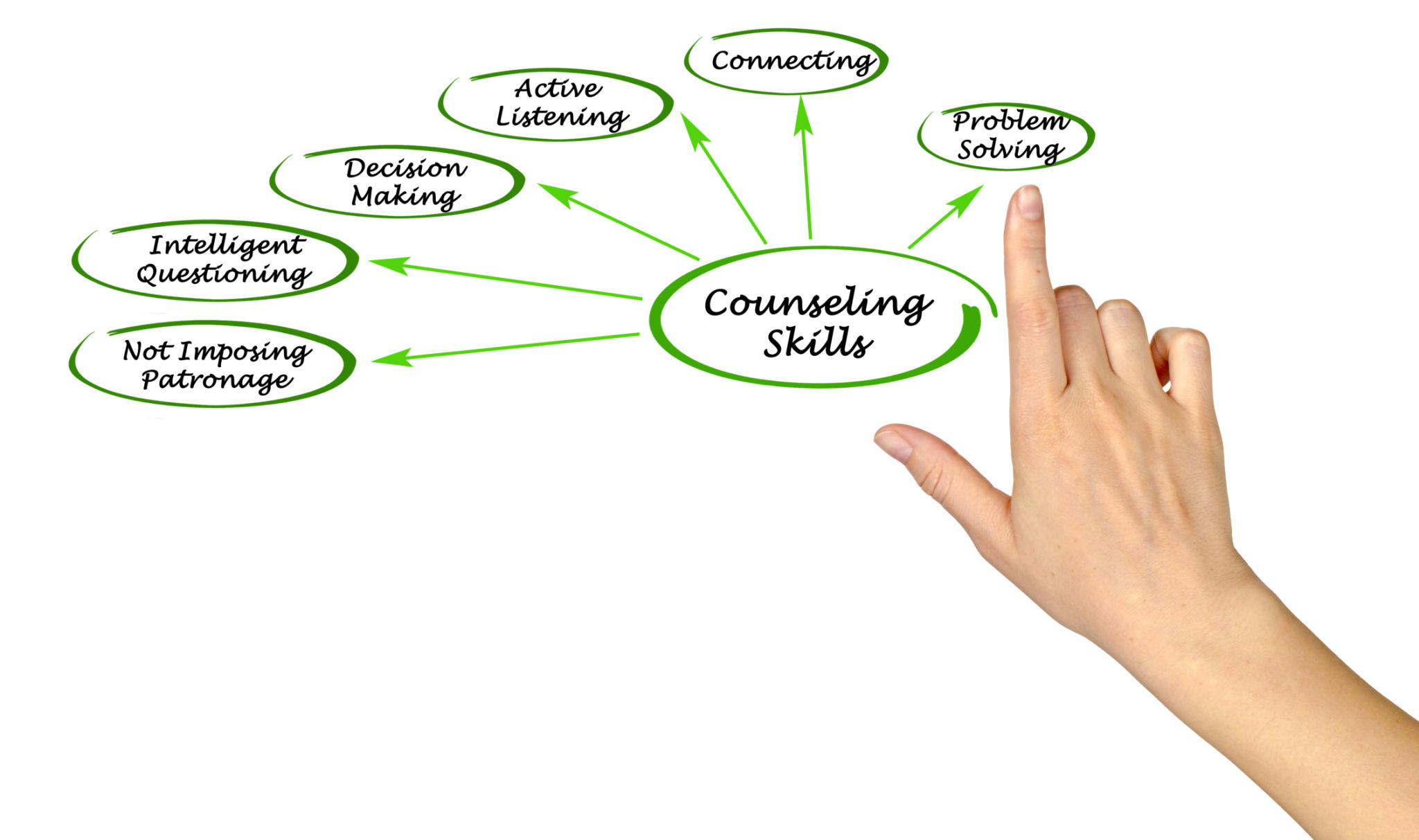Exploring Trauma-Informed Coaching: How it Differs from Traditional Methods
Understanding Trauma-Informed Coaching
Trauma-informed coaching is an emerging approach that recognizes the profound impact trauma can have on individuals. Unlike traditional coaching methods, which often focus solely on goal-setting and accountability, trauma-informed coaching integrates an understanding of trauma's effects on emotional, psychological, and behavioral responses. This approach fosters a supportive environment where clients feel safe, empowered, and understood.
Traditional coaching methods can sometimes overlook the underlying issues that trauma can cause. By acknowledging and addressing these factors, trauma-informed coaching helps clients achieve personal growth and healing more effectively. It is a holistic method that combines elements of psychology, neuroscience, and empathy to create a nurturing coaching experience.

The Key Principles of Trauma-Informed Coaching
Trauma-informed coaching is built upon several key principles that differentiate it from traditional methods:
- Safety: Creating a safe space where clients feel secure and respected is paramount.
- Trustworthiness: Coaches establish trust through transparency and reliability.
- Empowerment: Clients are encouraged to take control of their healing process.
- Collaboration: Coaches work alongside clients, fostering a partnership rather than a directive relationship.
- Understanding Trauma: Recognizing how trauma can manifest in behaviors and thoughts is crucial.
A Holistic Approach to Healing
One of the distinguishing aspects of trauma-informed coaching is its holistic approach. Rather than focusing exclusively on behavior modification, this method considers the client's entire life experience. By understanding how past trauma influences current behaviors and emotions, coaches can tailor their strategies to meet individual needs effectively.

The Role of Empathy in Coaching
Empathy plays a vital role in trauma-informed coaching. Coaches must be equipped to listen actively and validate their clients' experiences without judgment. This empathetic approach helps in building a strong rapport, enabling clients to open up about their past experiences and feelings. Such openness is essential for identifying the root causes of challenges and facilitating true healing.
Moreover, empathy allows coaches to guide clients through difficult emotions and setbacks with compassion. This supportive environment is crucial for clients to feel understood and motivated to pursue their personal goals despite obstacles.
Benefits of Trauma-Informed Coaching
The benefits of trauma-informed coaching extend beyond the individual sessions. Clients often report improved emotional resilience, greater self-awareness, and enhanced coping skills. By addressing trauma's impact directly, clients can achieve meaningful progress in both personal and professional arenas.

Training for Trauma-Informed Coaches
Becoming a trauma-informed coach requires specialized training to understand the complexities of trauma and its effects on individuals. Coaches must be equipped with tools to identify trauma responses and adapt their techniques accordingly. Continuous education in trauma dynamics ensures that coaches remain effective and sensitive to their clients' needs.
Training programs often include modules on psychological safety, neuroscience, and effective communication strategies. By undergoing such comprehensive training, coaches can provide a more nuanced and supportive experience for their clients.
The Future of Coaching
As awareness of mental health issues continues to grow, the demand for trauma-informed coaching is likely to increase. This approach offers a more compassionate and effective method for helping individuals navigate life's challenges. By integrating an understanding of trauma into the coaching process, coaches can support clients in achieving lasting transformation.
In conclusion, trauma-informed coaching represents a shift towards more empathetic and holistic methods. By prioritizing safety, trust, and empathy, this approach empowers individuals to heal from past traumas and build fulfilling futures.